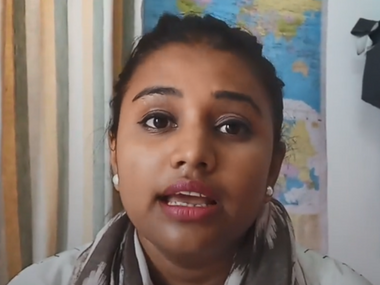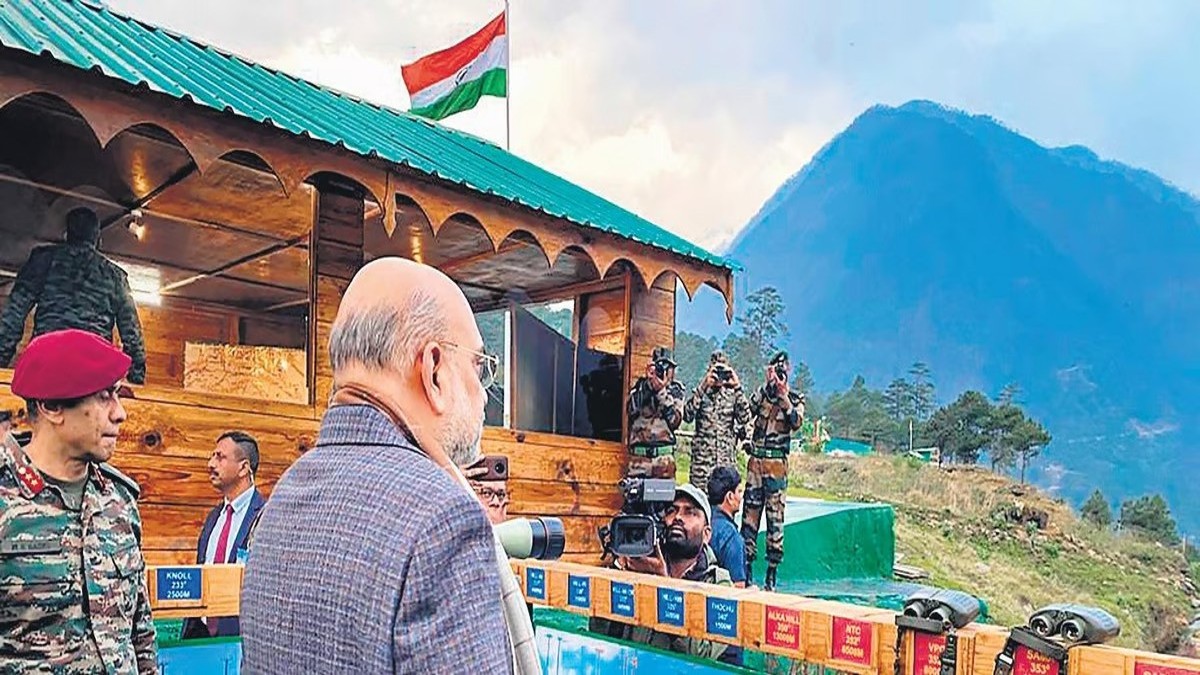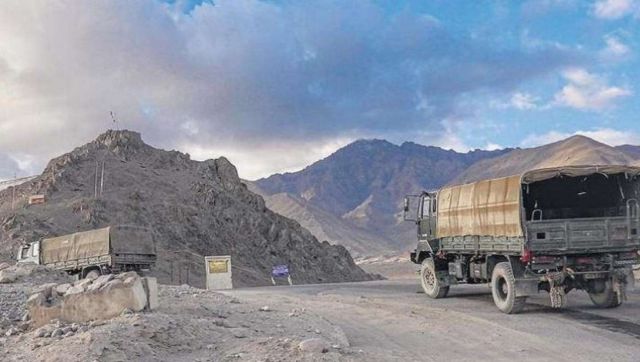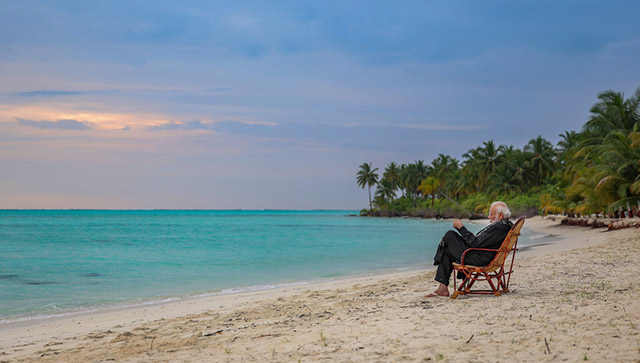Editor’s Note: Of the 4 million who didn’t make it to NRC, 2.48 lakh have been marked as ‘D’ voters. The Supreme Court has asked Assam government not to take any coercive action on those who are found to be without proper documents as required under recent National Register of Citizens. NRC, a product of Assam Accord, is expected to solve the fear of Bangladeshi immigrants that has been prevalent in the state for quite some time now. The Centre proposed in 1999 an updated NRC in Assam to solve the problem of “illegal immigration” and two pilot projects were conducted in Dhubri and Barpeta districts. But breaking out of a riot in Barpeta grounded the project. In 2005, when All Assam Student Union opposed the prime minister’s visit to the state, tripartite talk between AASU, State government, and the Centre resulted in a decision to prepare a model for the NRC process, which was delayed yet again by over 5 years by the state government. It was only when Abhijeet Sharma of Assam Public Works (APW), an NGO, filed a writ petition in 2009 that the SC’s direct intervention led to the start of NRC process in 2014. Firstpost will run a series which will feature 30 profiles in 30 days of those residents of Assam who have not been covered under the final draft of NRC which will decide if they continue to live in the state that they call ‘home’.
Guwahati: Masuma Begum, a 25-year-old social worker, has lost count of the number of camps she and her friends have held in remote areas of western Assam in the past three years, telling people that they should welcome the National Register of Citizens (NRC) and helping them gather documents to establish their identity as Indians.
Masuma says it must be a “cruel joke” that she, who went from door to door, extolling the benefits of the NRC was left out of the list released on 30 July.
“After the NRC process began three years ago, my friends and I organised many awareness meetings telling people why the NRC would benefit them and which documents they should submit. My entire family has made it to the list, including my siblings, but I have been excluded,” says the postgraduate in Assamese from Cotton University.
“I love my land and its people so much. I belong here as much as anybody else and I will resubmit my application,” says Masuma.
Since 1942, three generations of Masuma’s family have lived in Lakhimpur district. The young woman was born in North Lakhimpur, a small town along the border of Arunachal Pradesh. Today, she works towards creating awareness on social and health issues among char (riverside) dwellers of Assam who are often labelled as “Bangladeshi” because of their social and cultural similarities with those from the neighbouring country. She often travels to riverine areas from Guwahati, where she lives, to create awareness on the evils of child marriage, need for menstrual hygiene among women and the importance of girl education.
Masuma’s forefathers had migrated to Assam from East Pakistan. “They came towards the end of the 19th Century. We have documents to show ownership of land in Assam dating back to 1902,” she says. Her family had applied for the NRC on 14 July, 2015 and Masuma, who has been a voter since 2014, had submitted her voter identity card, her birth certificate and other relevant documents.
“I was happy when the government had announced that the NRC would be updated. I thought that it would bring relief to those people in my state who are often accused of being illegal immigrants from Bangladesh and treated as second-class citizens,” she says.
“It is frustrating that I can’t pin down why my name was not included in the NRC. My younger brother and sister are on the list. Some people consoled me saying that it must have been a technical glitch as many genuine citizens have found their names missing from the NRC. But what use is this sympathy? I can’t have peace of mind until my name is on the list,” she says.
“We have been creating awareness among people about the process of NRC since 2015 and Masuma has very actively participated in this over the past few years. She is well-educated and informed, and it is sad that her name didn’t appear in the final list. Imagine if her name is not in the list, what would happen to those who are not educated,” says Shakil Ahmed, an activist and freelance journalist from Barpeta.
Masuma’s 50-year-old father Abdul Matin says that the family is hopeful that her name would be on the final list. “Mistakes have been made and genuine citizens have been left out but one should not question the entire process of the NRC. The anomalies will be resolved soon,” he says.
Masuma admits that the wait to become an Indian “citizen” would be agonising, but in the meantime she is determined to hold more NRC awareness camps to ensure those people whose names are not in the final draft can submit their forms to file claims and objections, submission of which would be started from 30 August.
“Many people are not educated enough and a mistake in their forms this time could be a major setback. I will submit my form to file a claim in September and I will help as many others as I can,” she says.
(The author is a Guwahati-based freelance writer and a member of 101Reporters.com _, a pan-India network of grassroots reporters)_
)
)
)
)
)